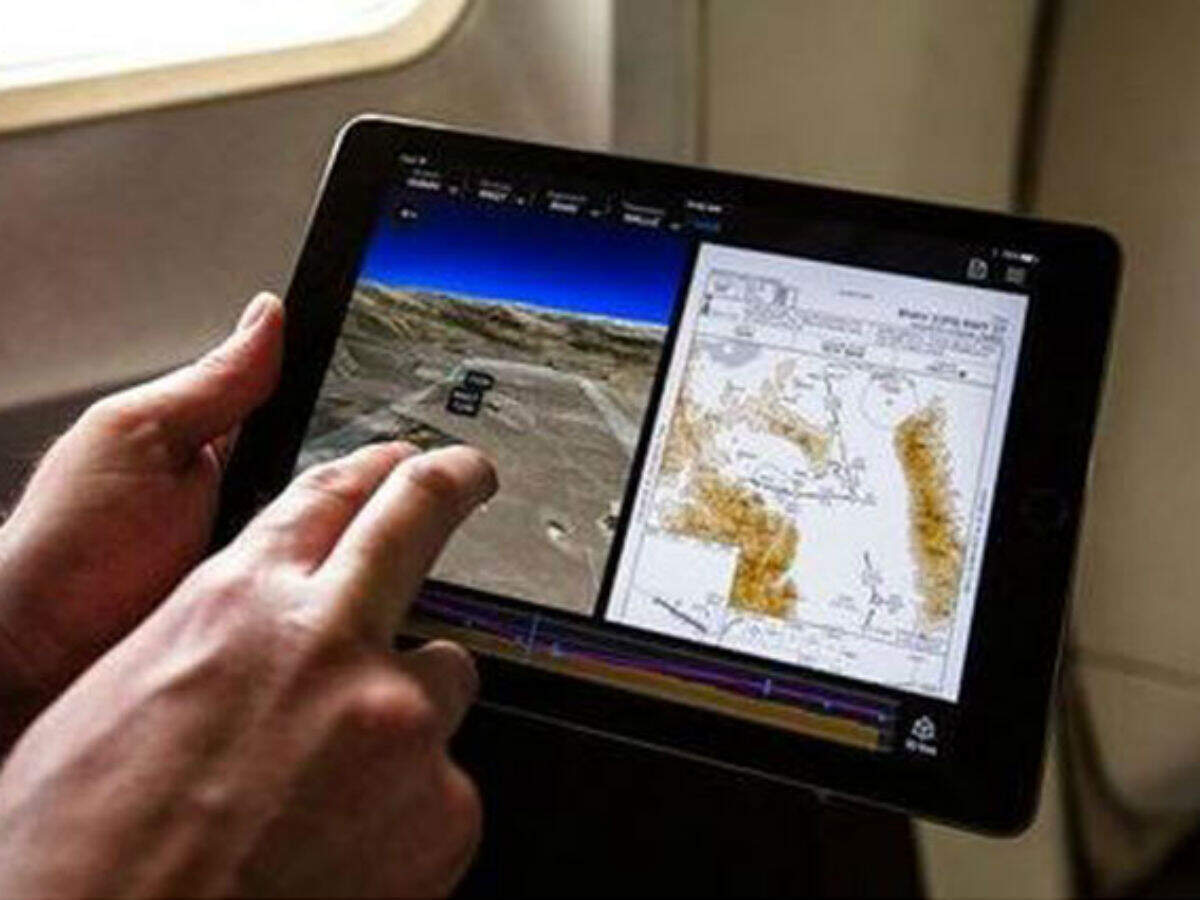
India’s aviation regulator has framed draft rules for allowing inflight internet connectivity in the country’s skies. The Directorate General of Civil Aviation (DGCA) draft rules say “internet service through WiFi on-board aircraft shall be available at minimum height of 3,000 metres or 10,000 feet above departure/arrival airfield elevation.”
The portable electronic devices being used by passengers for surfing the net must be “used only in flight/airplane mode” and the “pilot in command may, for any reason and during any phase of flight, require deactivation and stowage of PEDs,” say the draft rules issued by DGCA chief Arun Kumar.
Based on public comments received on the draft, the final set of rules could be issued by later this year. India had in December 2018 allowed inflight connectivity (IFC) on flights to, from, within India as well as those flying over the country. Since then at least two Indian companies entered this space to become in flight and maritime connectivity (IFMC) service providers.
Airlines will be required to “ensure that the in flight and maritime connectivity (IFMC) service provide(r) is approved by department of telecommunication, India, for provision of these services during flight.”
Two Indian airlines — Vistara (on its Airbus A321 and Boeing 787) and SpiceJet (on its B737 Max) planned to provide onboard WiFi. Given the downturn in fortunes by the pandemic for the travel industry, it remains to be seen when an Indian carriers will be able to do so.
As per rules, electronic devices “which are not intentional transmitter of radio signals such as portable voice records, electronic entertainment devices, electric shavers shall not be used by any person inside aircraft during taxi, take-off, climb out, descent, final approach and landing phases of flight. This shall not apply to medical electronic devices such as pace makers, hearing aids,” the draft says.
“Any violation of these requirements during the flight should be brought to the notice of the commander by the cabin crew… for subsequent action… All operators shall include contents of this civil aviation requirement in their company policy document and other operational documents like operations manual, cabin crew manual, passenger briefing card for compliance by their concerned personnel,” it adds.
Airlines are required to report PED events related to suspected or confirmed PED interference, smoke or fire caused by the PED to the DGCA.
Leave a Reply